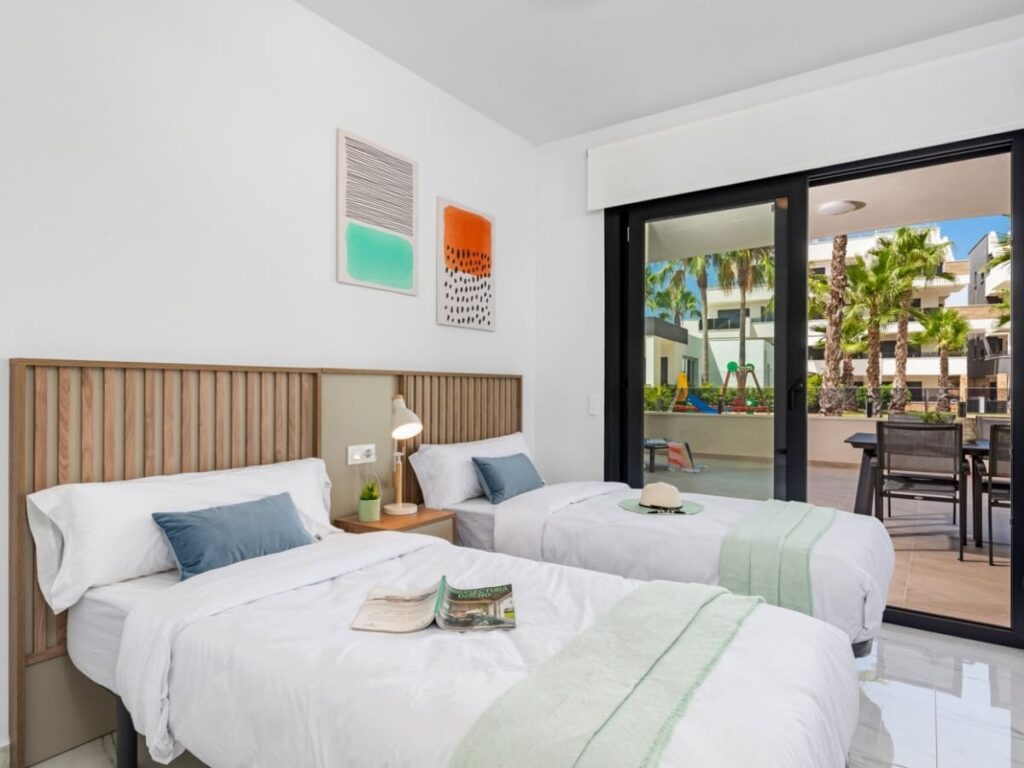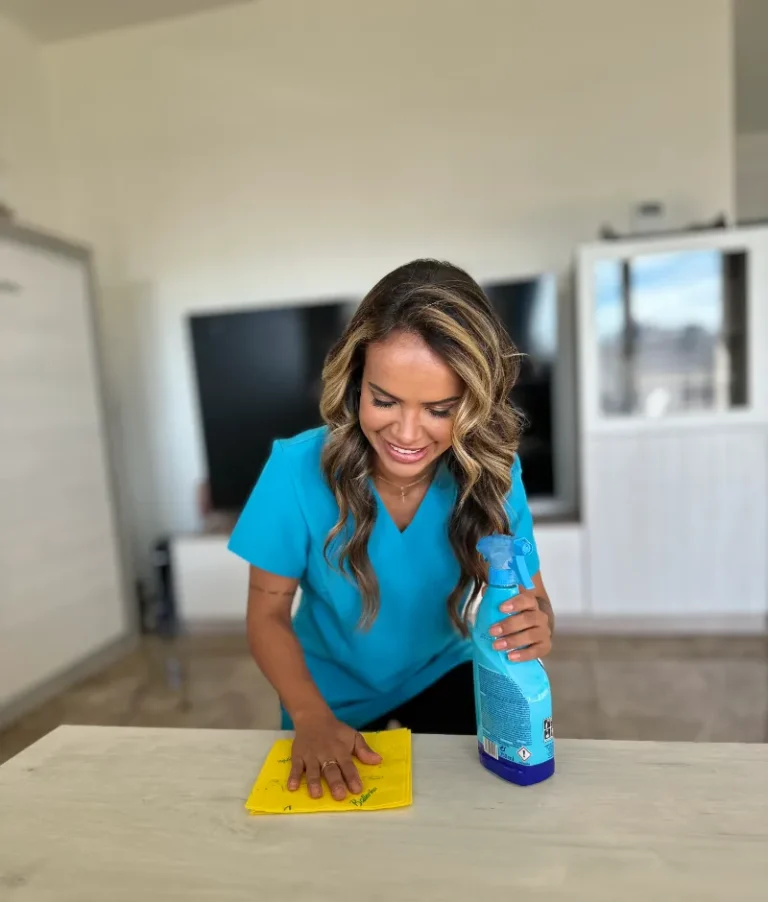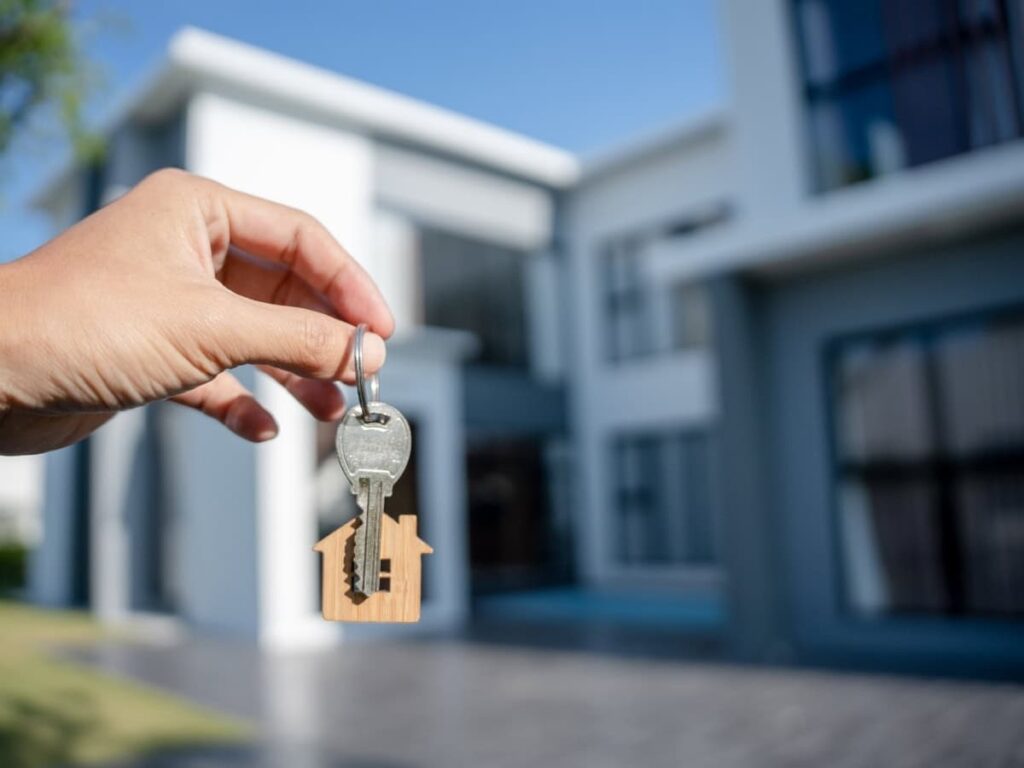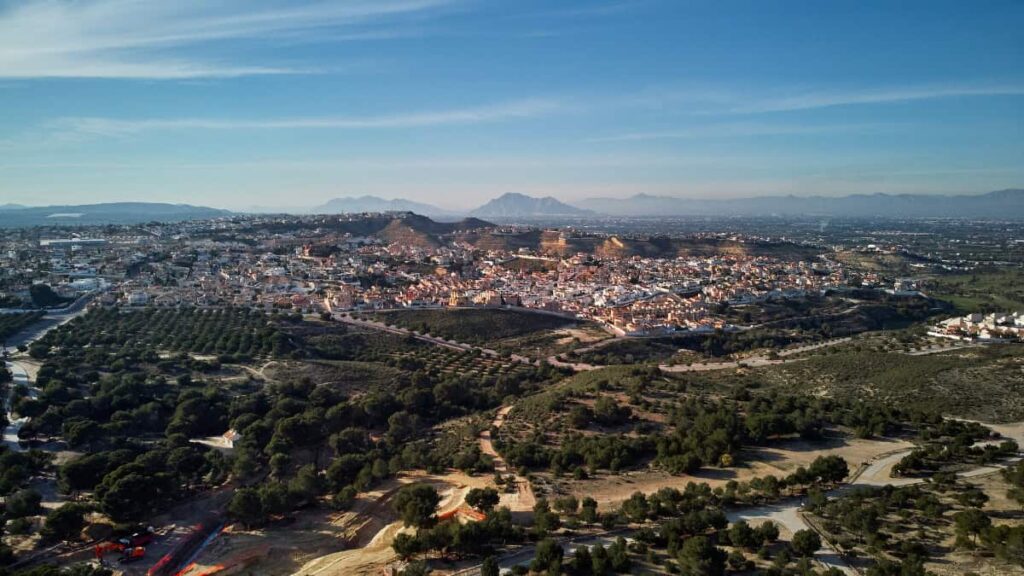For many international buyers, financing a house in Spain is the key to turning their dream of Mediterranean living into reality. Whether you are investing in a holiday villa on the Costa Blanca or purchasing a permanent home in Alicante or Valencia, Spain’s mortgage system offers flexible options for both residents and non-residents. However, the process differs from what many foreign buyers are used to, especially regarding legal documentation and local banking procedures. Understanding how Spanish mortgages work, from loan types to notary fees, is essential to ensure a smooth, transparent, and cost-effective property purchase.
Understanding the Spanish mortgage system
The process of financing a house in Spain starts with understanding how Spanish mortgages are structured. Buyers can typically choose between fixed-rate and variable-rate mortgages. A fixed-rate mortgage guarantees stable monthly payments for the entire loan term, offering predictability in budgeting. Variable-rate mortgages, on the other hand, are linked to the Euribor (Euro Interbank Offered Rate), which means payments can fluctuate depending on the European market.
Most non-resident buyers are eligible for a mortgage covering 60–70% of the property’s appraised value, while Spanish residents may obtain up to 80%. The typical loan duration ranges between 20 and 30 years. Before approval, the bank will conduct a property valuation, verify the applicant’s income, and request proof of employment, tax returns, and an NIE number (Número de Identificación de Extranjero).
Practical steps to obtain a mortgage in Spain
- Get your NIE number – This is essential for any property-related transaction in Spain.
- Open a Spanish bank account – Required to manage mortgage payments and property-related expenses.
- Select a mortgage type – Decide between fixed, variable, or mixed-rate options.
- Submit financial documentation – Banks will require proof of income, tax records, and employment contracts.
- Arrange a property valuation – The bank’s appraiser determines the mortgageable value.
- Sign before a notary – Once approved, the mortgage and purchase deed are formalized before a Spanish notary.
The entire process typically takes between four to eight weeks, depending on the bank and the complexity of the transaction.
Key costs and fees to prepare for
In addition to the down payment, buyers should budget for the following costs:
- Property Transfer Tax (ITP): 6–10% for resale properties.
- VAT (IVA): 10% for new-builds, plus a 1–1.5% stamp duty (AJD).
- Notary and registry fees: Around 1–2% of the purchase price.
- Bank and legal fees: Approximately 1% combined.
- Property insurance: Mandatory when taking out a mortgage.
These costs can add roughly 10–12% to the purchase price. Working with an experienced local advisor ensures full transparency and helps avoid unexpected charges.
Fixed vs. variable: choosing the right mortgage
Your choice between a fixed and variable mortgage depends on your long-term financial goals. Fixed-rate loans provide stability, ideal for those who want consistent monthly payments. Variable mortgages may offer lower rates initially but come with the risk of higher payments if the Euribor rises.
Many international buyers prefer fixed-rate loans because they protect against market fluctuations and simplify budgeting. However, some opt for mixed mortgages, which combine both structures to balance flexibility and predictability.
The importance of professional guidance
The Spanish mortgage process can be challenging for foreign buyers due to language barriers and different legal systems. Mortgage brokers and local consultants help negotiate better terms, explain bank requirements, and ensure that documents meet Spanish legal standards. Having a bilingual advisor present during the notary signing can also prevent misunderstandings and provide peace of mind.
Local expertise is invaluable, especially when coordinating between banks, notaries, and property sellers. This is where a trusted partner like Casa Capitals plays an important role, offering support, clarity, and guidance at every step of the financing journey.
Financing your home in Spain with confidence
Securing financing for a property in Spain can open the door to an exciting new chapter under the Mediterranean sun. With the right preparation, clear financial planning, and guidance from local experts, buying a home becomes a smooth and rewarding experience. Whether you are purchasing a holiday villa, an investment property, or a permanent residence, understanding the mortgage process is essential to make confident decisions.
At Casa Capitals, we guide our clients through every step of the buying and financing journey. From helping you understand mortgage options and liaising with Spanish banks to assisting with legal documentation and property management after purchase, our goal is to make the process seamless and transparent. We combine local knowledge with personalized service so you can focus on enjoying your new life on the Costa Blanca while we take care of the details.
Related articles




